Papua New Guinea
In February 2020 we went on a 14-night cruise on the Queen Elizabeth from Sydney to PNG and return to Sydney.
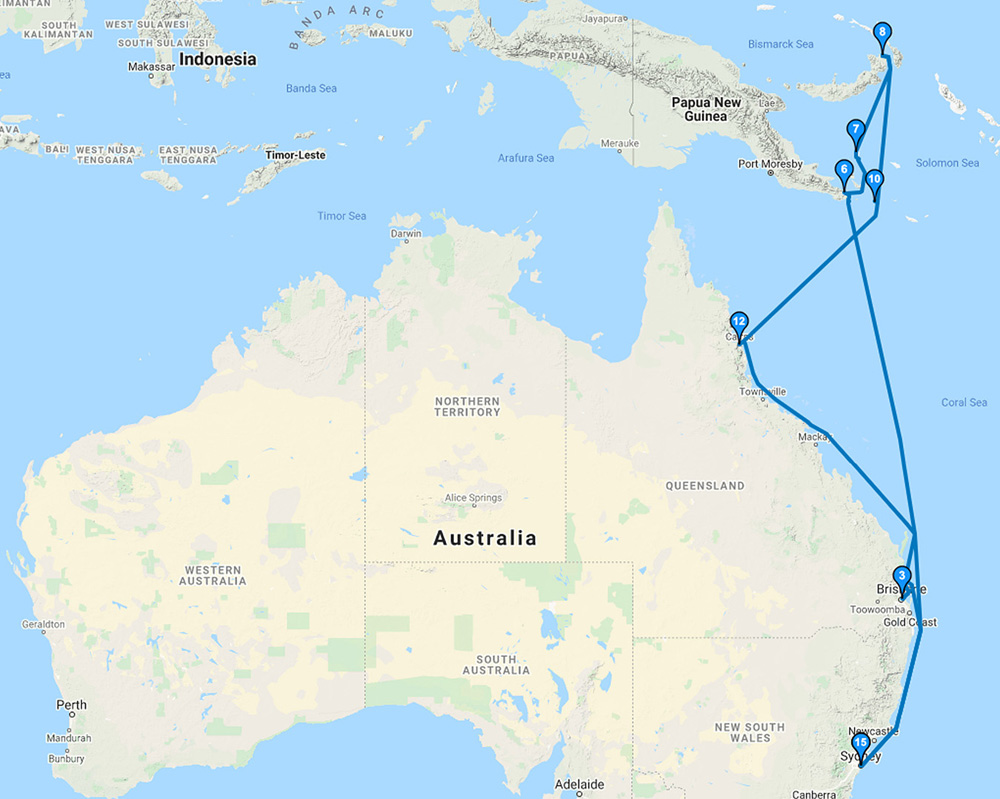
After calling in to Brisbane on the way our first port of call in PNG was to be Rabaul on the island of New Britain.
However the PNG authorities did not give the captain clearance for anybody to disembark.
(It was at the start of the corona virus [COVID-19] outbreak.)
Rabaul
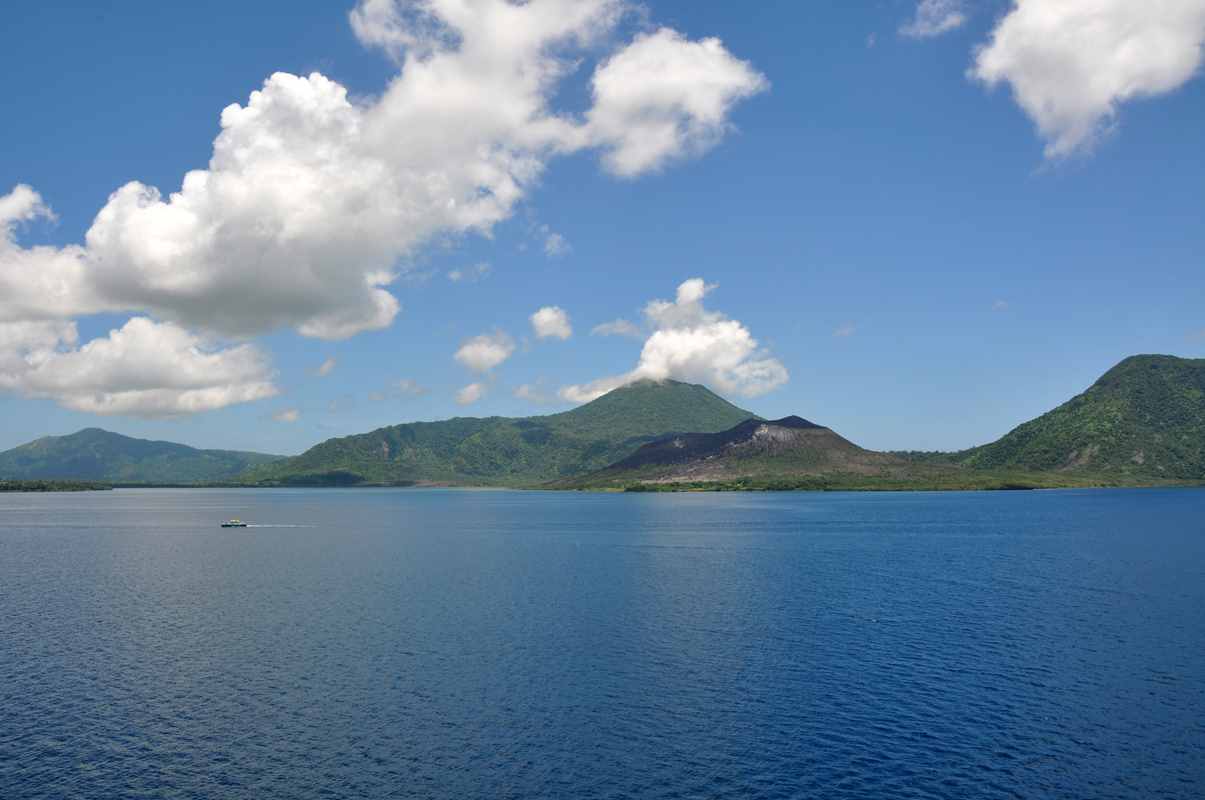
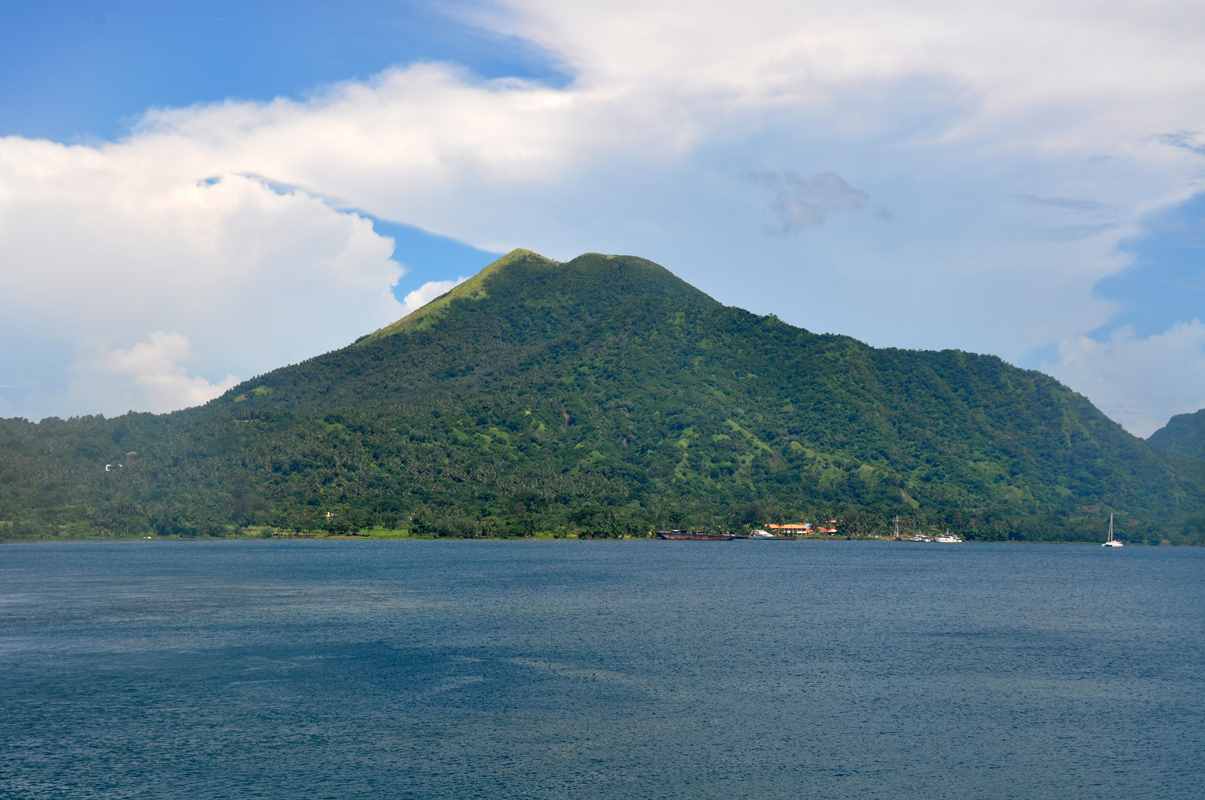
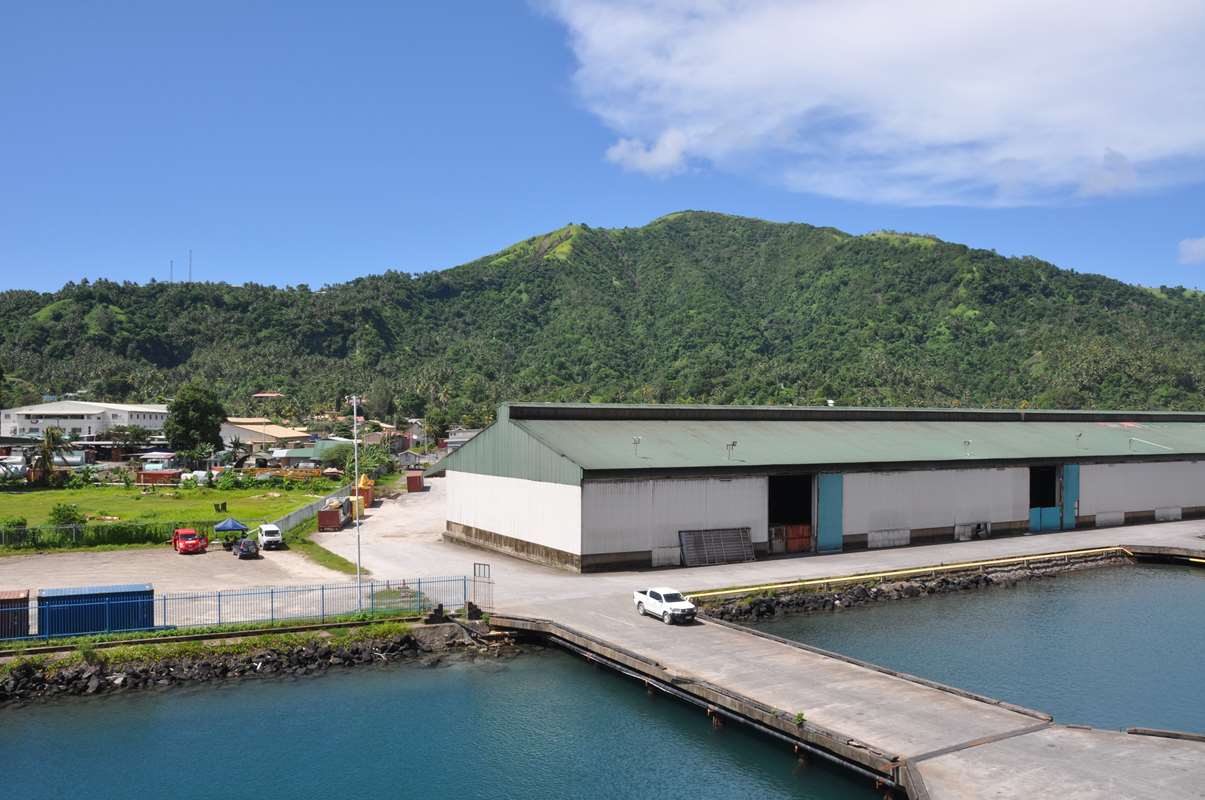
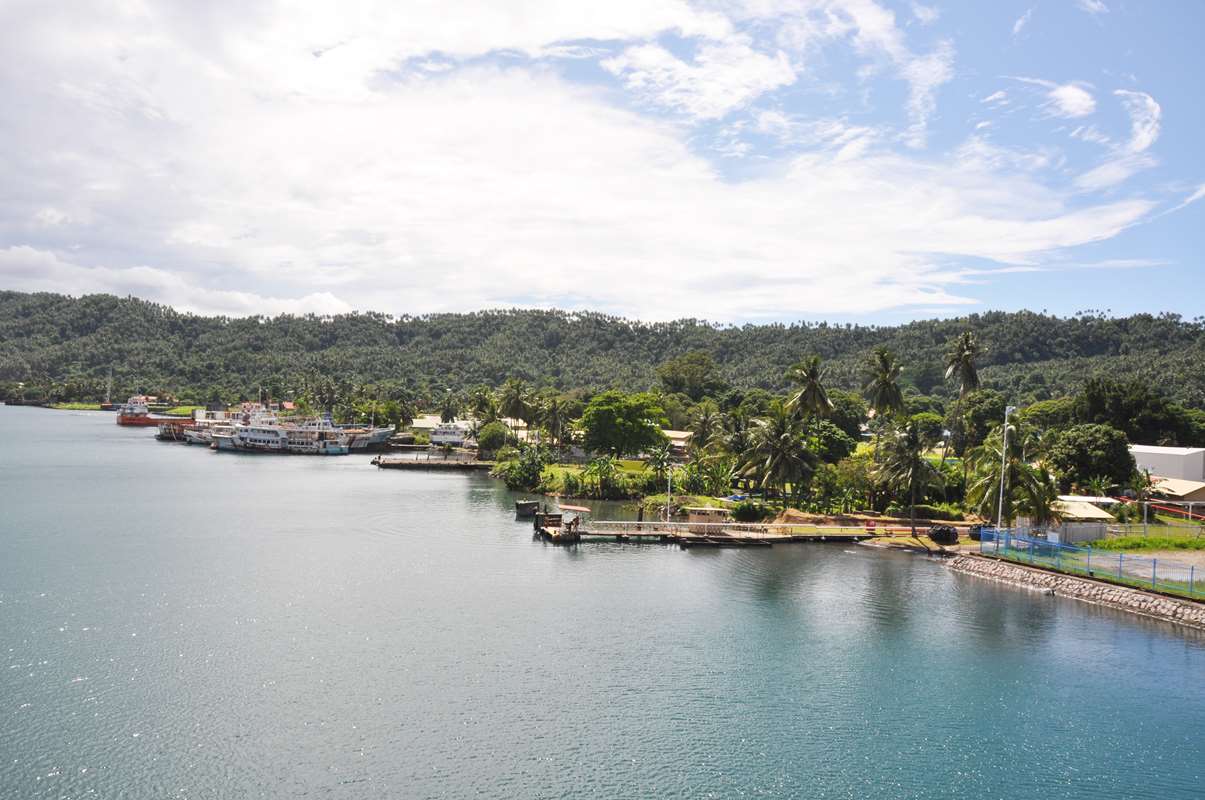
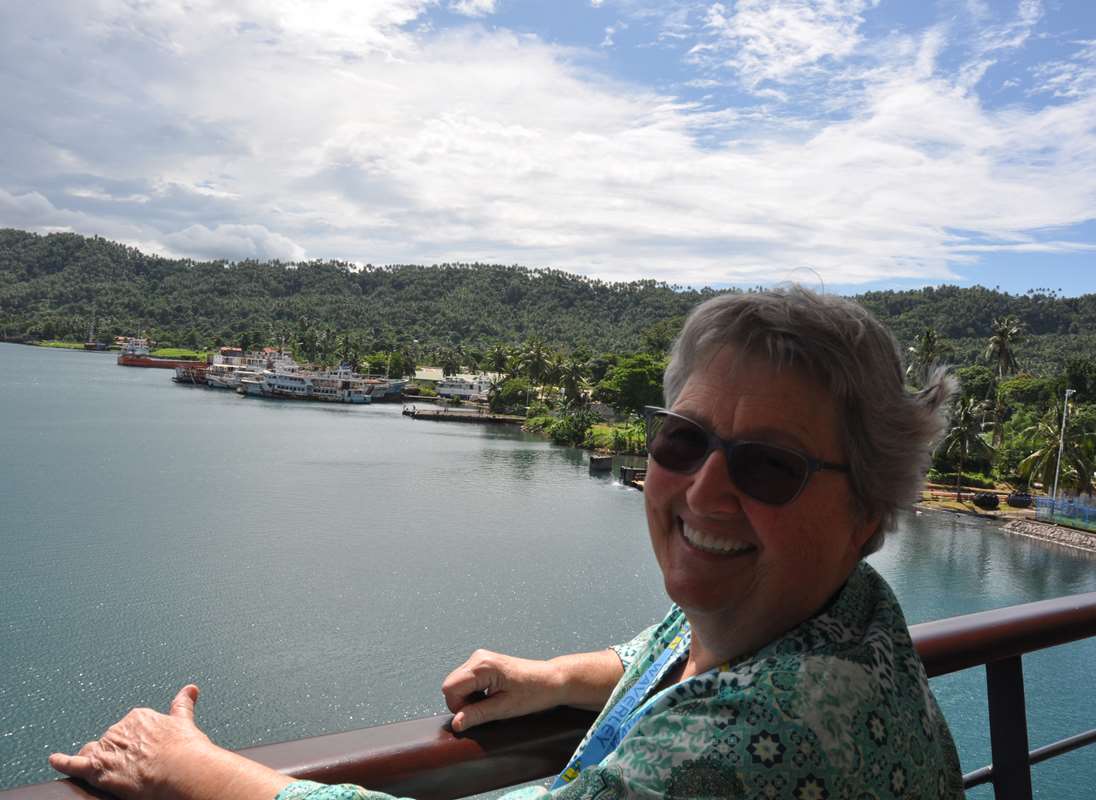
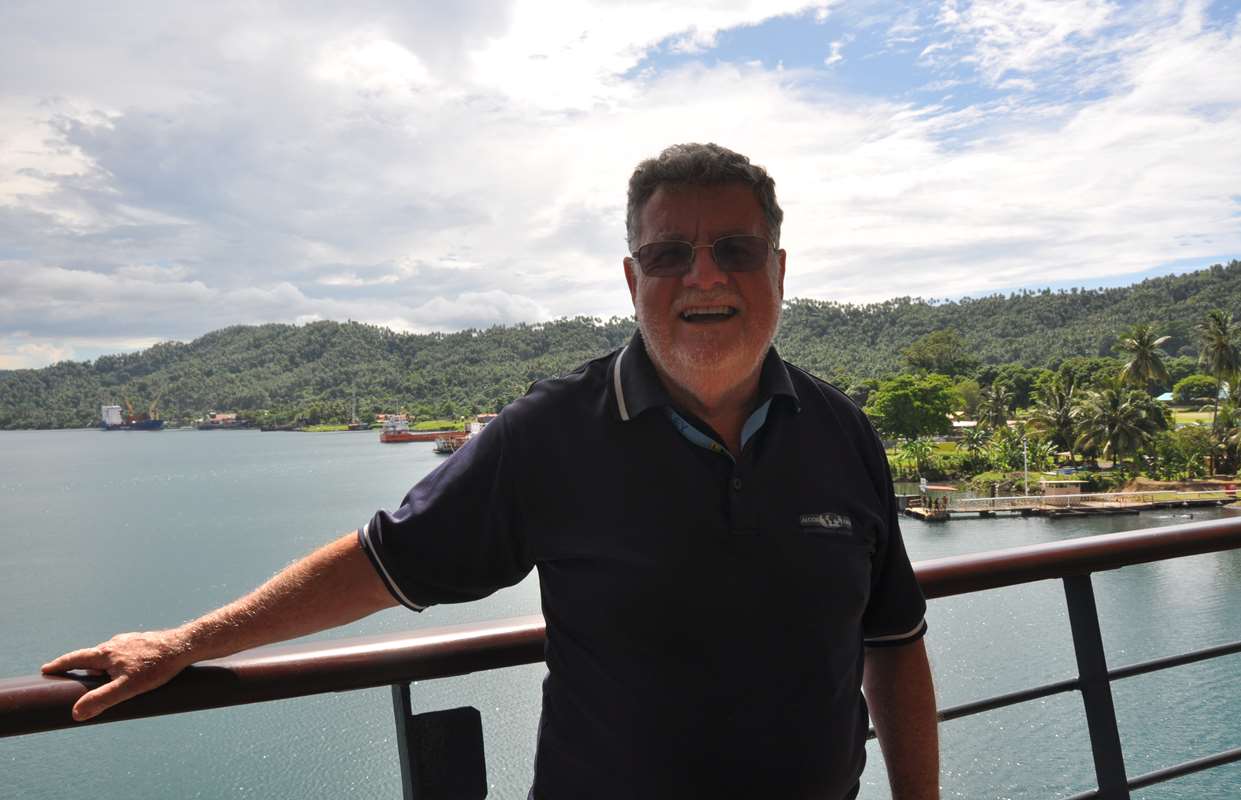
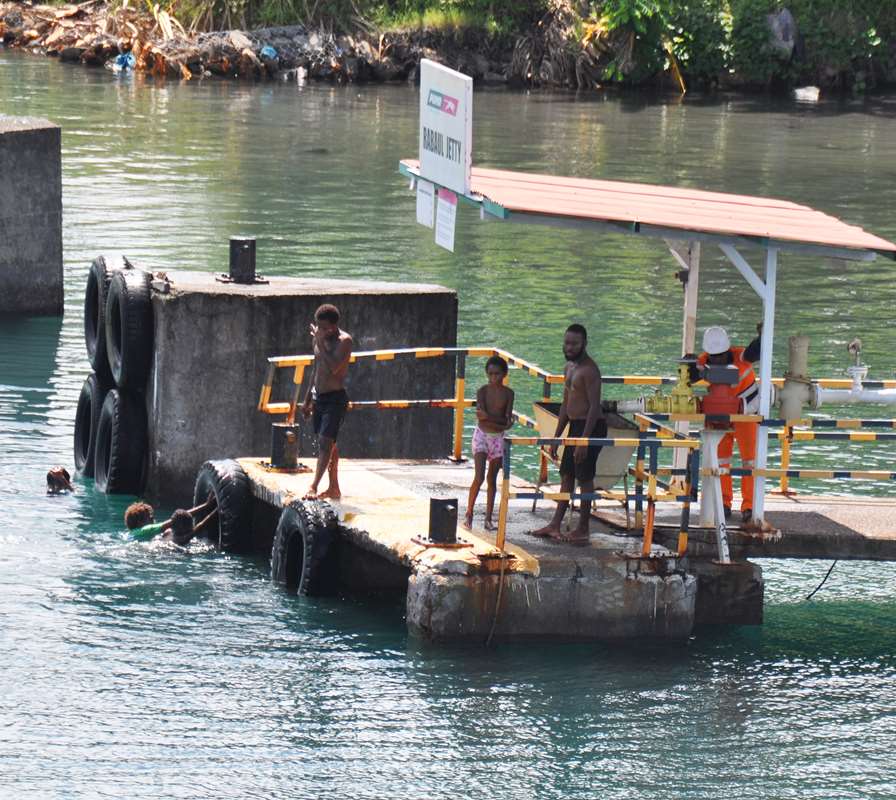
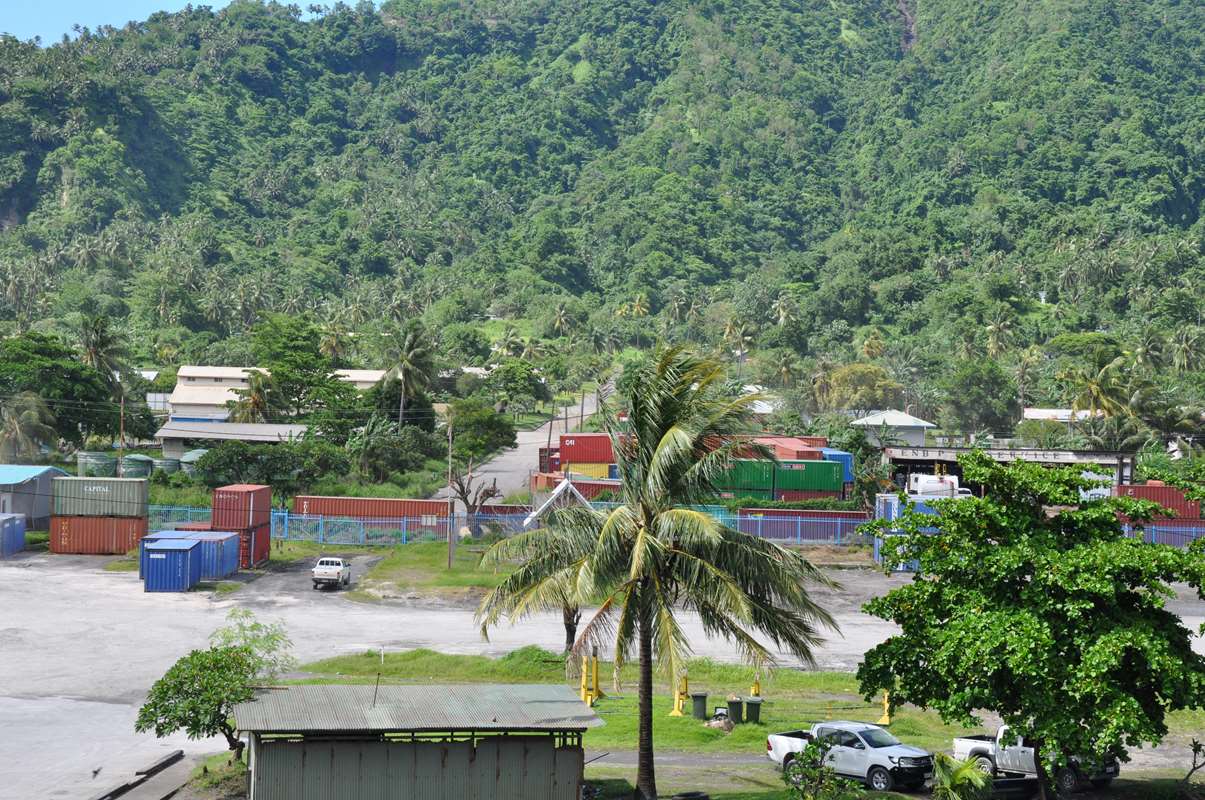
the next day we were able to disembark at Kiriwina Island, the largest of the Trobriand Islands.
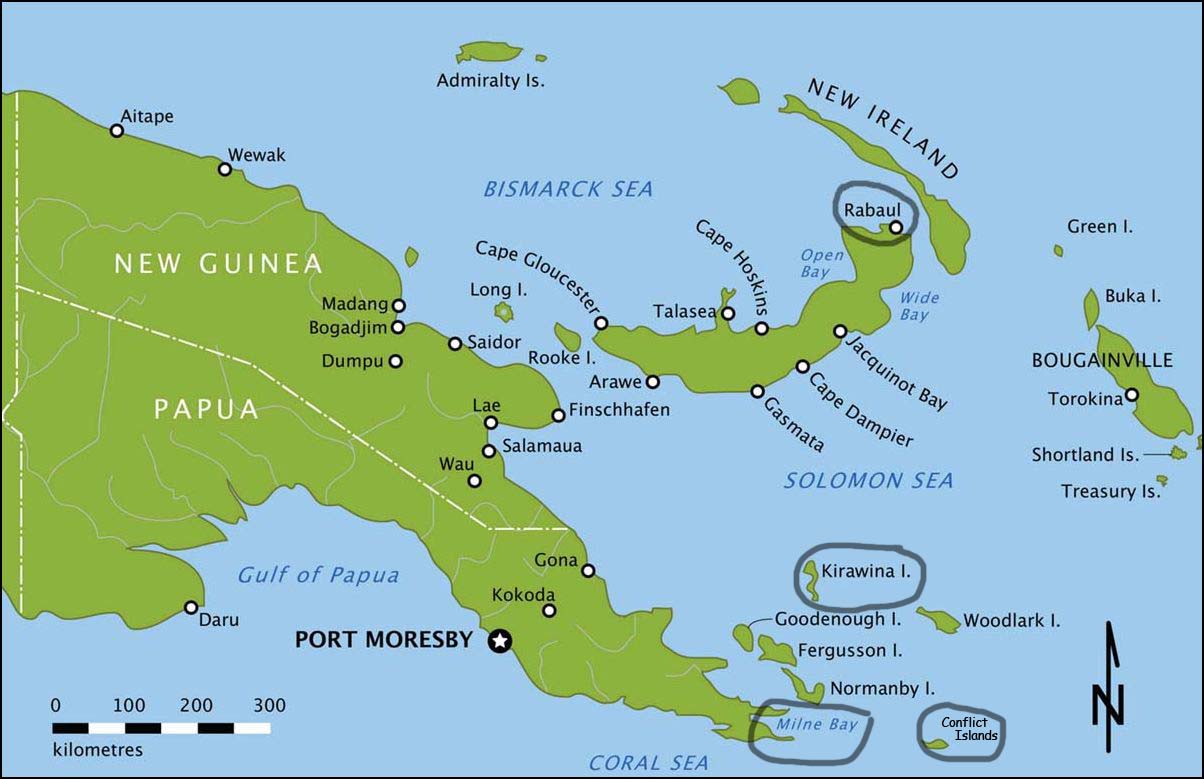
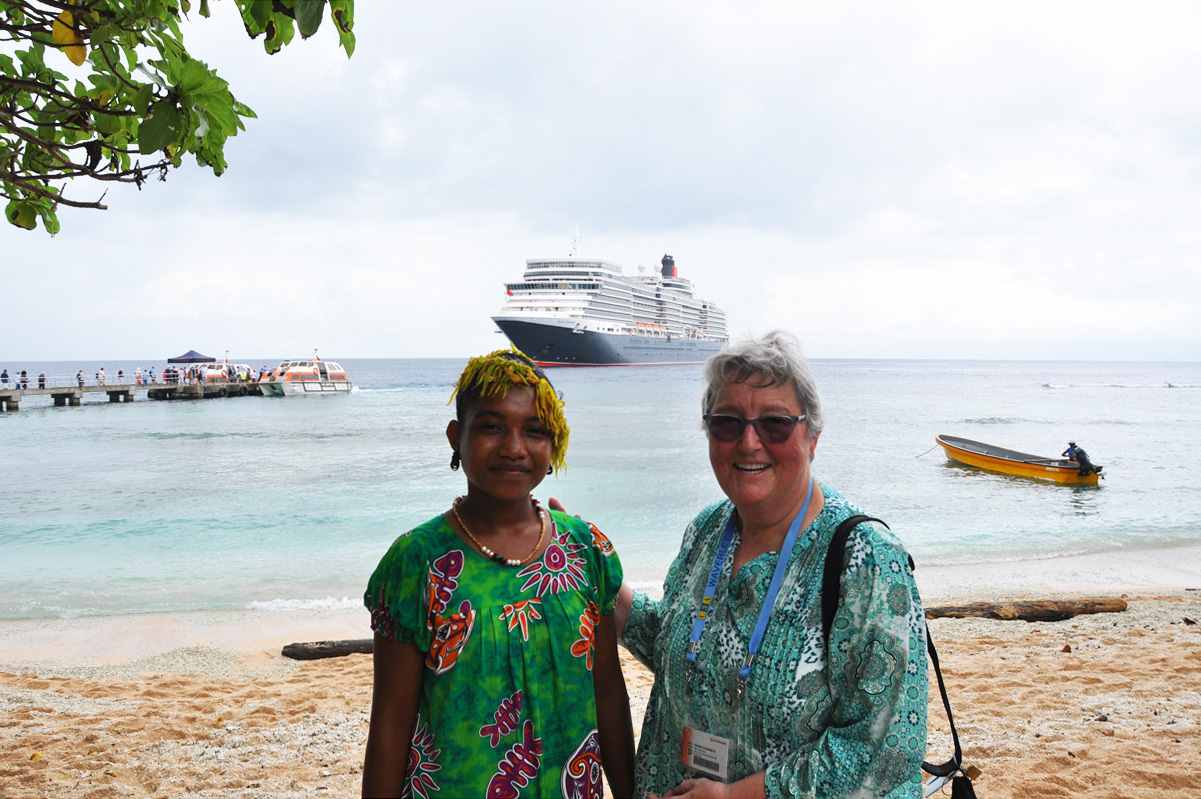
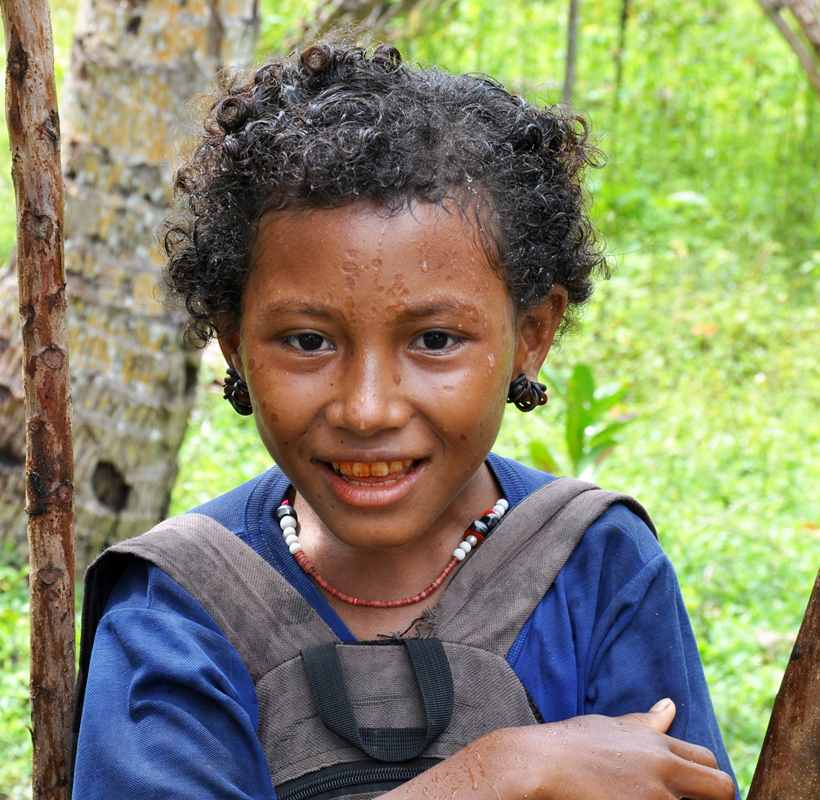
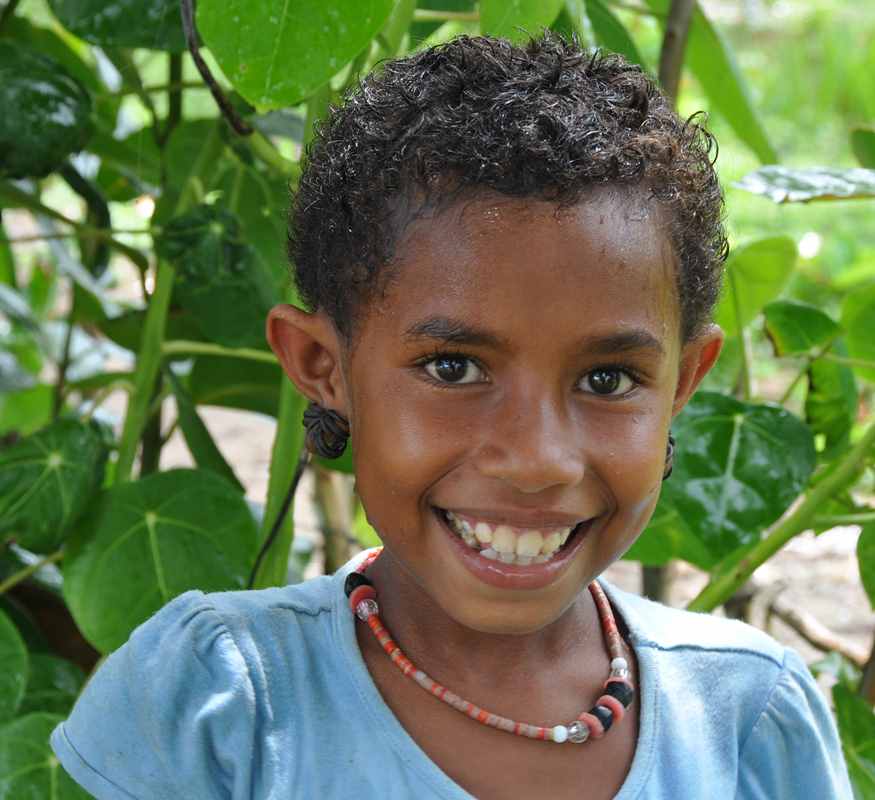
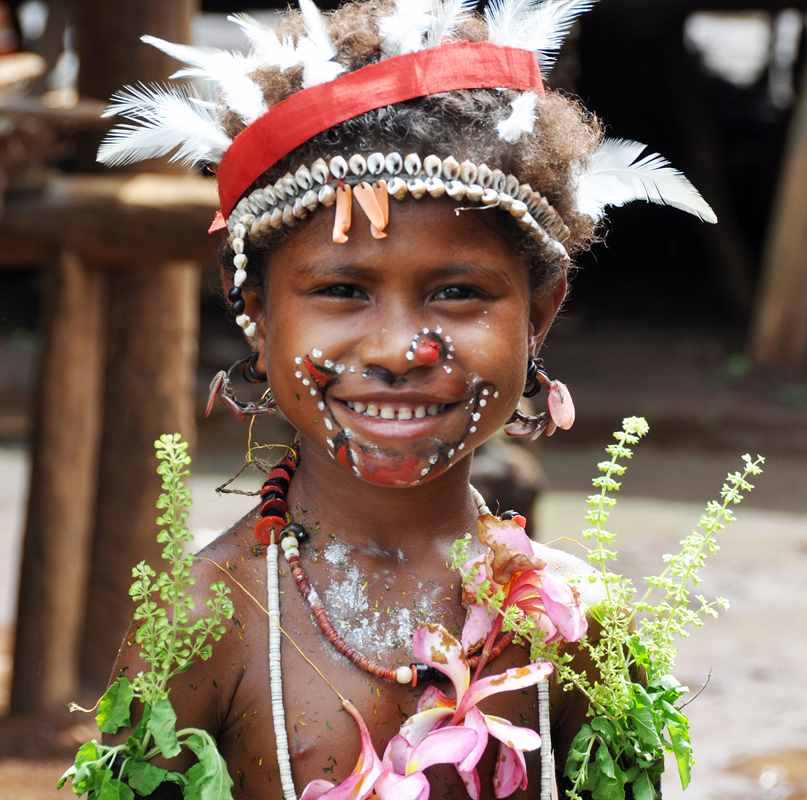
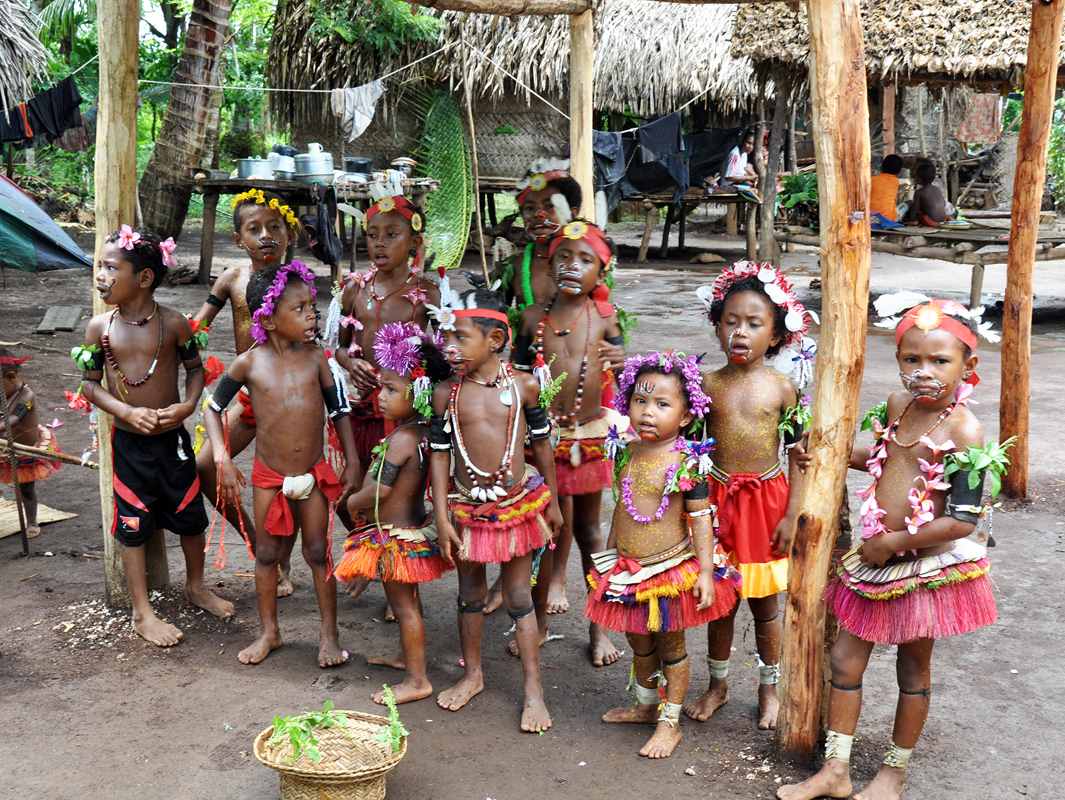
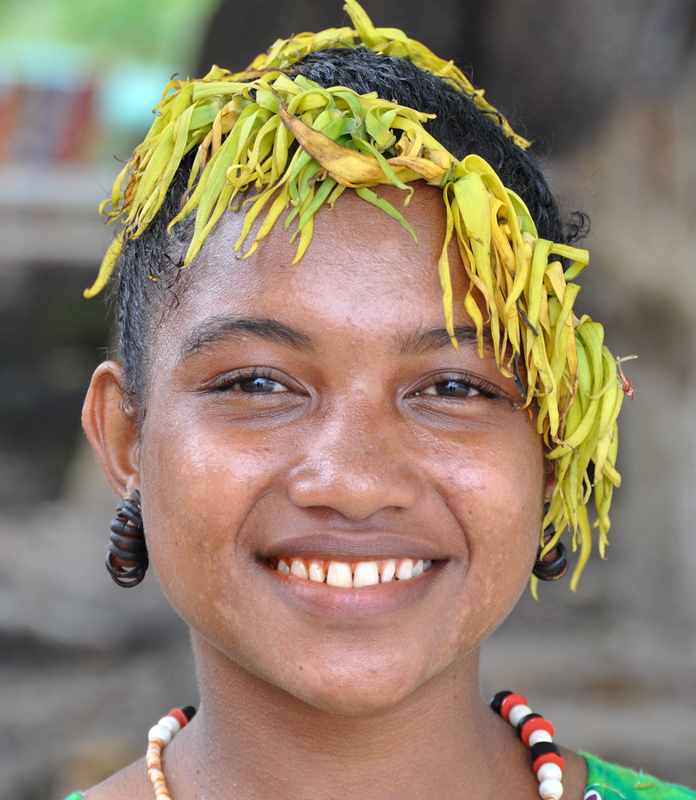

Our next port was at Alotau, the capital of Milne Bay Province, in the south-east of mainland Papua New Guinea.
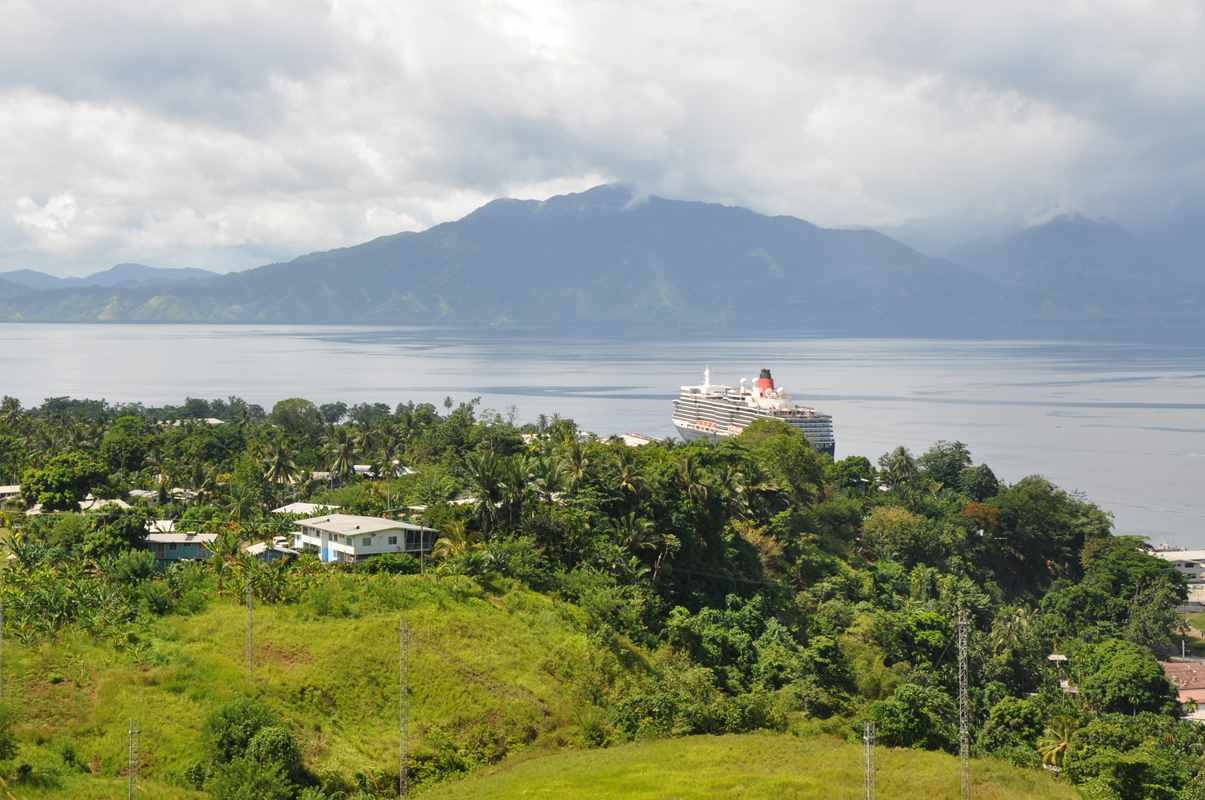
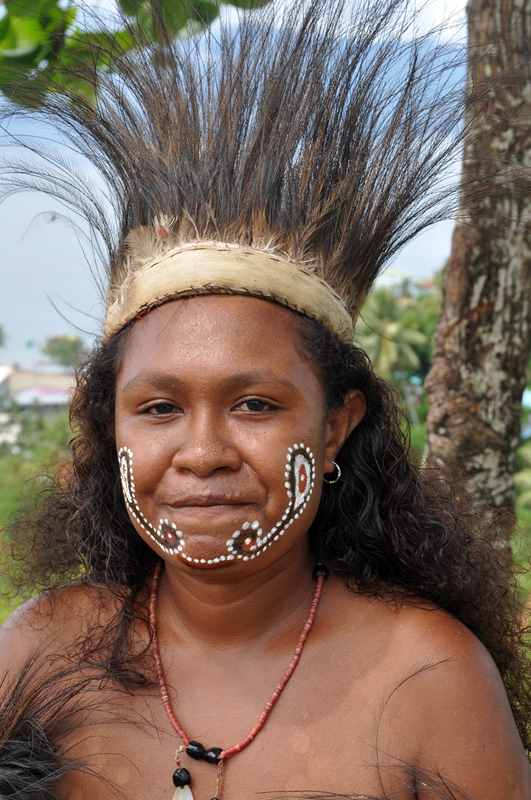
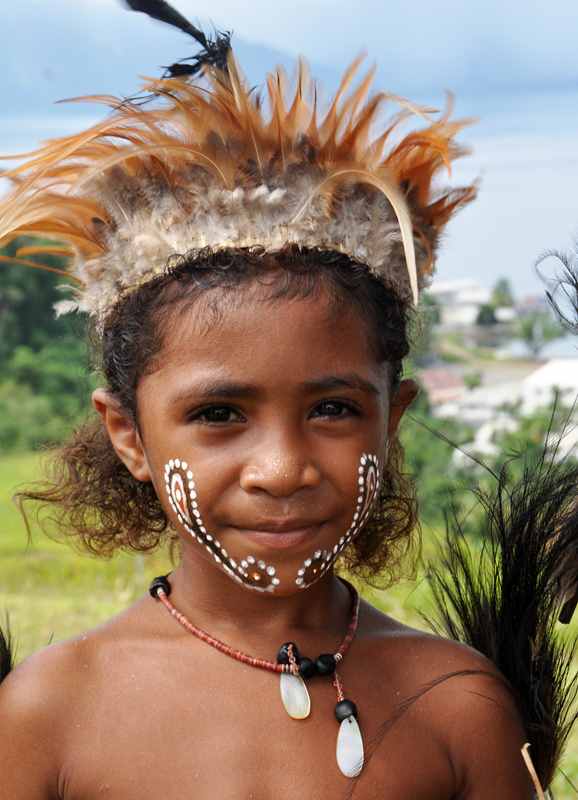
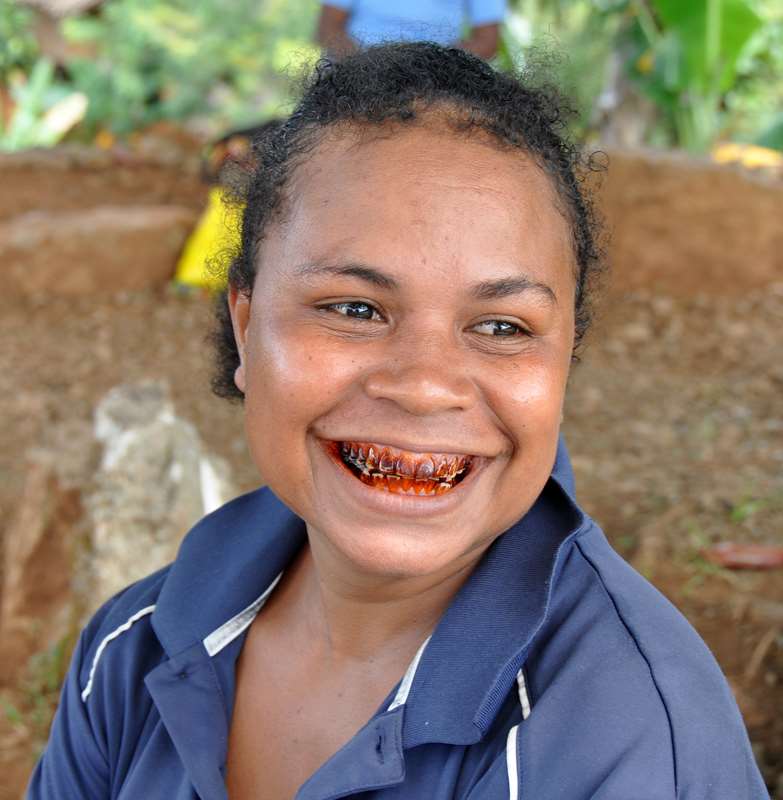
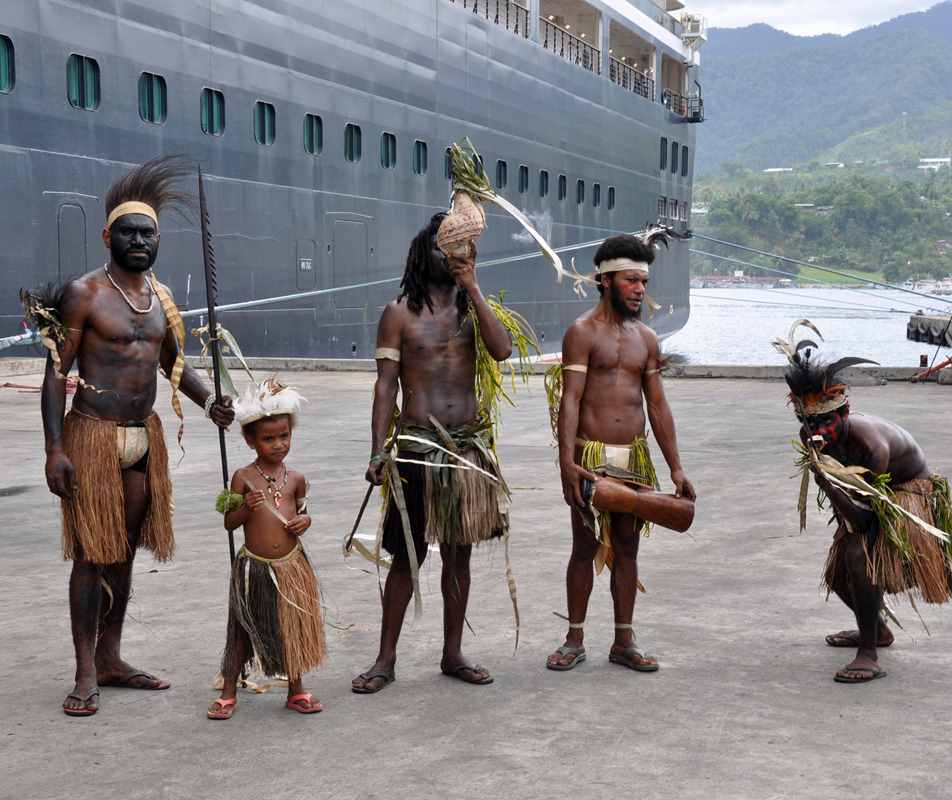
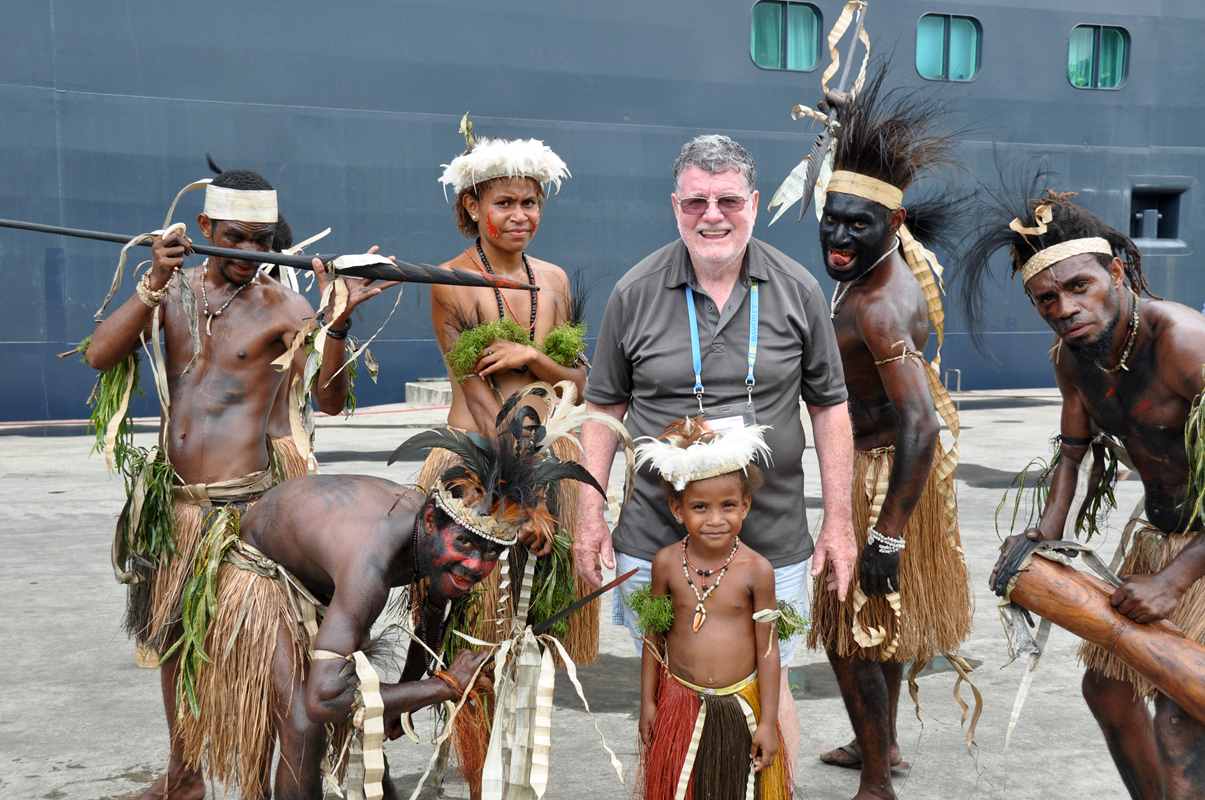
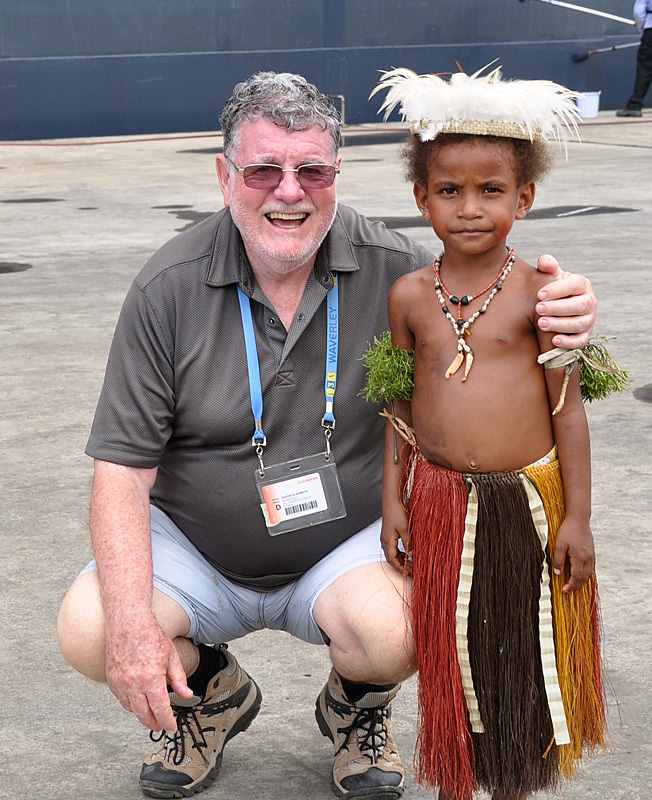
In late August 1942, unable to move further down the Kokoda Trail, the Japanese decided to make a second line of attack on Port Moresby.
On 25-26 August they landed at Milne Bay on the extreme eastern tip of Papua, about 370 kilometres from Port Moresby.
Although under great logistical stress with the fighting on the Kokoda Trail, Allied forces were ready for them.
The Allied forces had constructed an airfield here.
At least 161 Australian and 13 American military personnel were killed in the battle.
An unknown number of local people were also killed or wounded.
It is estimated that at least 1000 Japanese military personnel died.
It was the first defeat of the Japanese on land during the war.
They subsequently retreated.
Unlike the protracted Kokoda campaign, the Battle of Milne Bay ended in just over ten days.
This is the area where the major battle took place and the allied forces stopped the Japanese advance to the airfield.
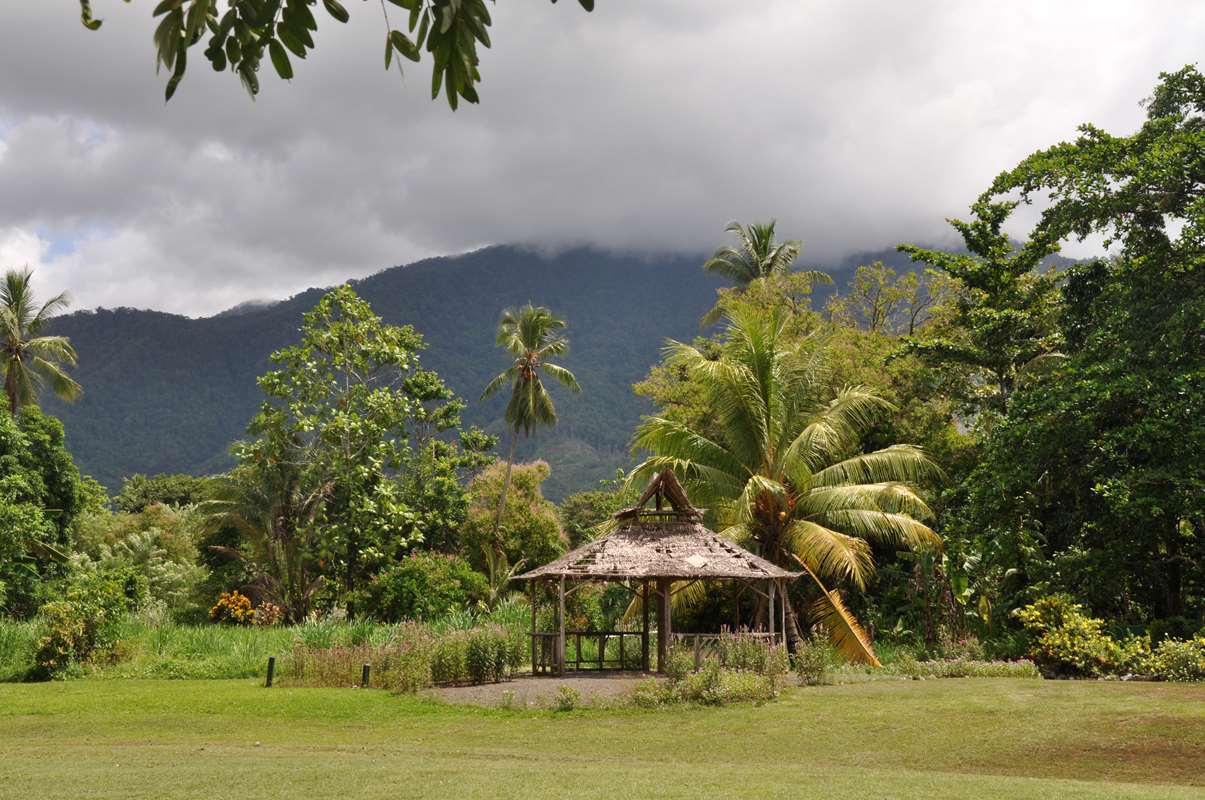
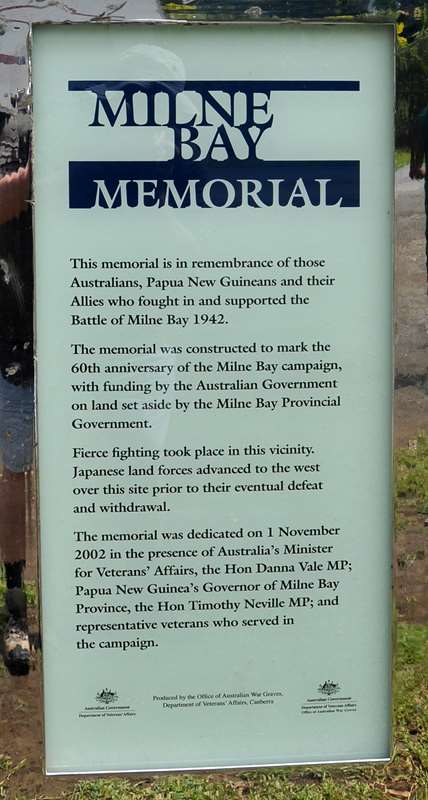
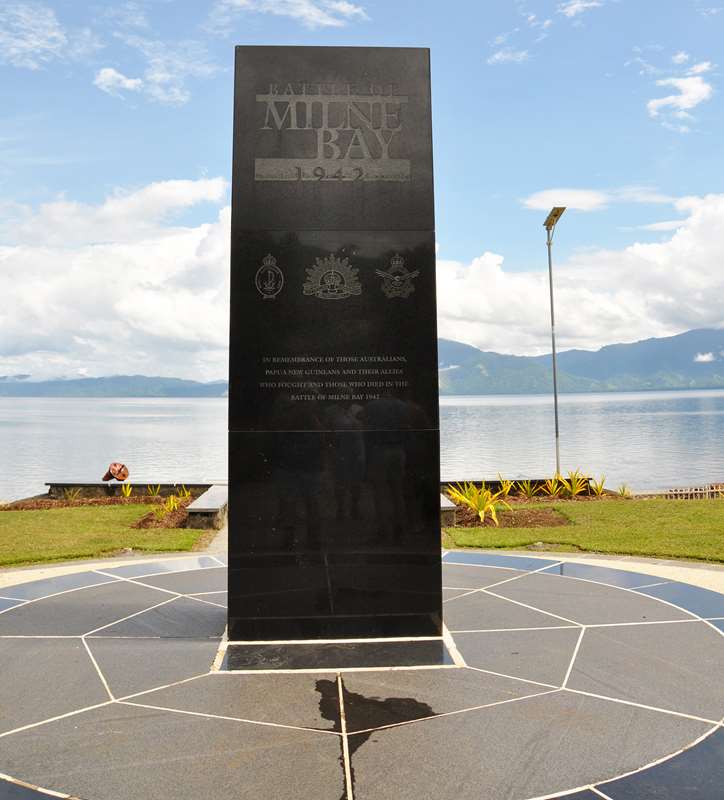
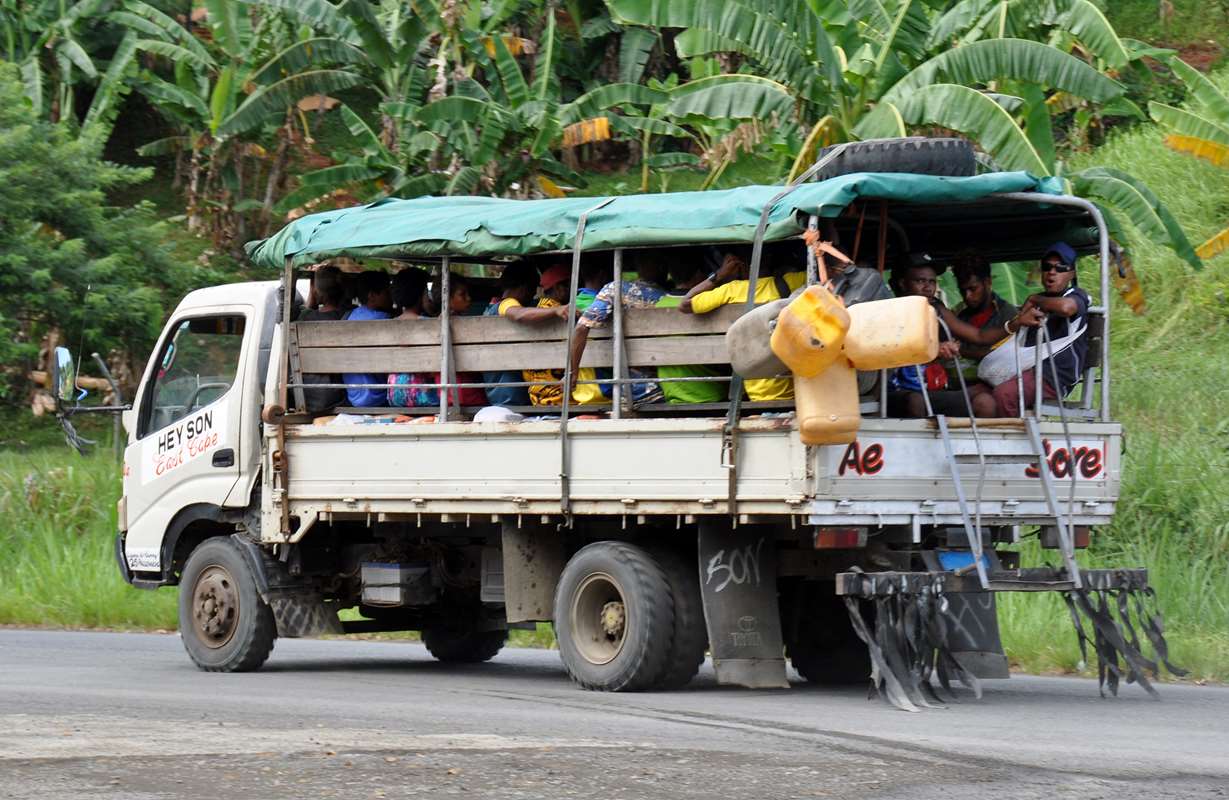

Our last port-of-call in PNG was at Panasesa Island in the Conflict Island Group.
The Conflict Group is an atoll which was first sighted in 1879 by HMS Cormorant, by moonlight.
It was named in 1880 after the survey ship HMS Conflict.
The islands are owned by Ian Roderick Gowrie-Smith who was on board the Queen Elizabeth.
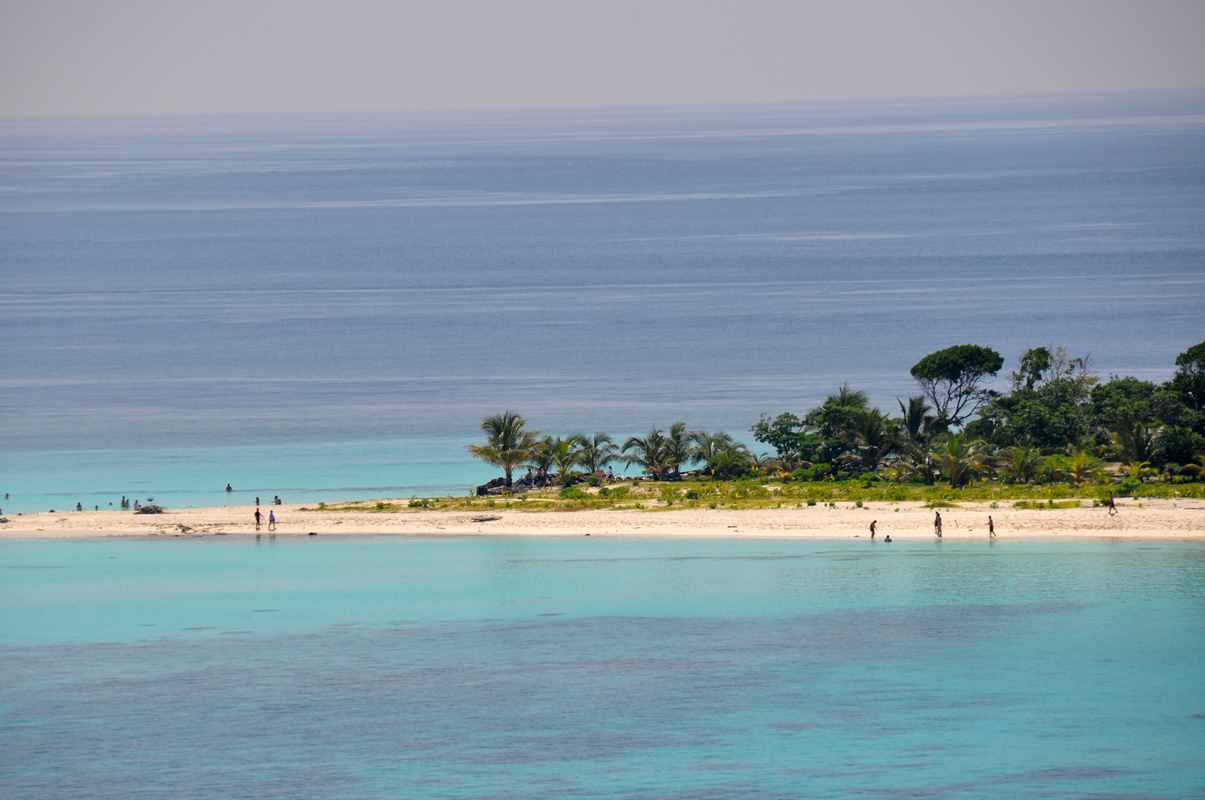
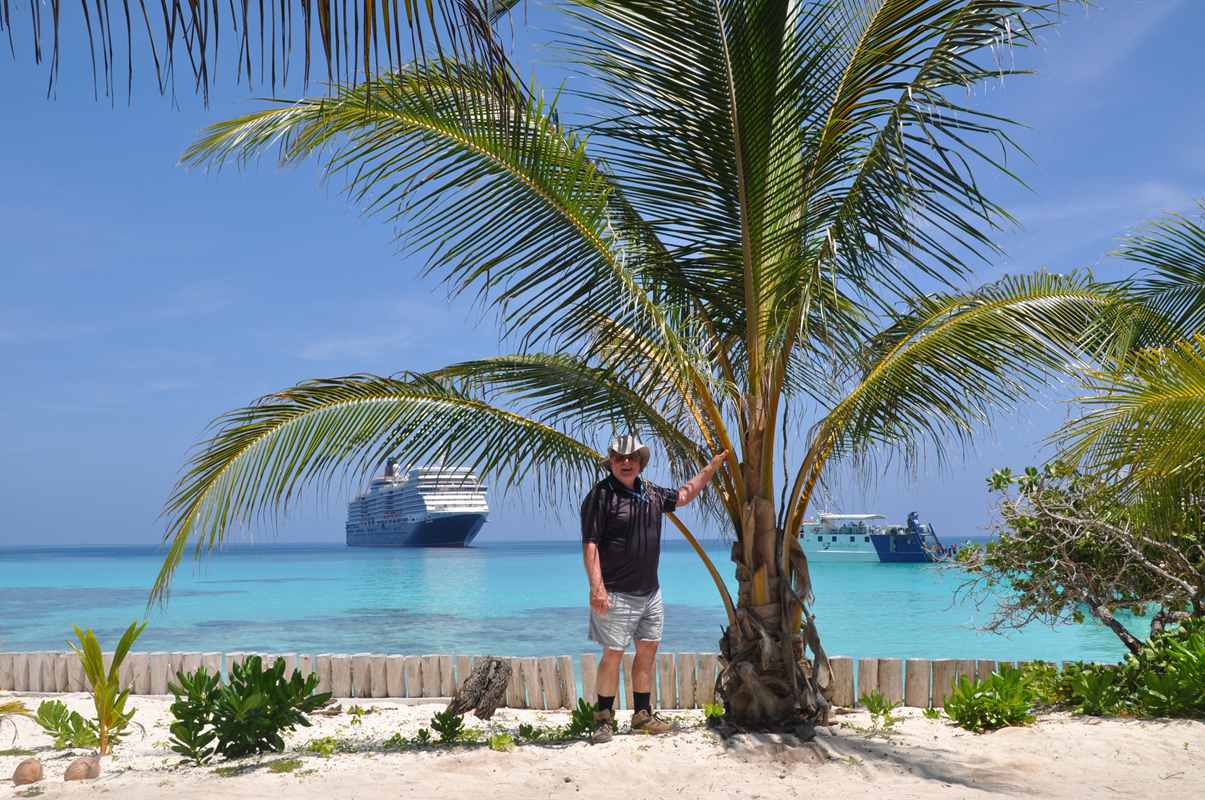
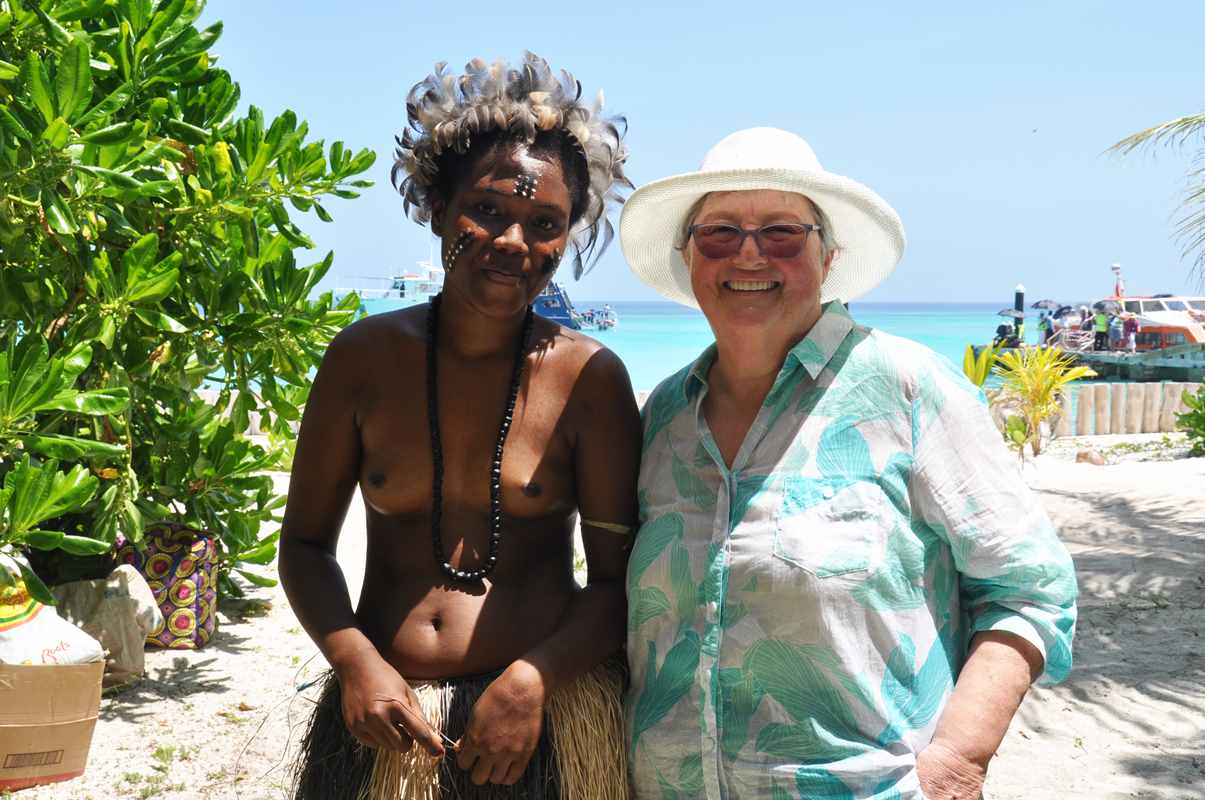
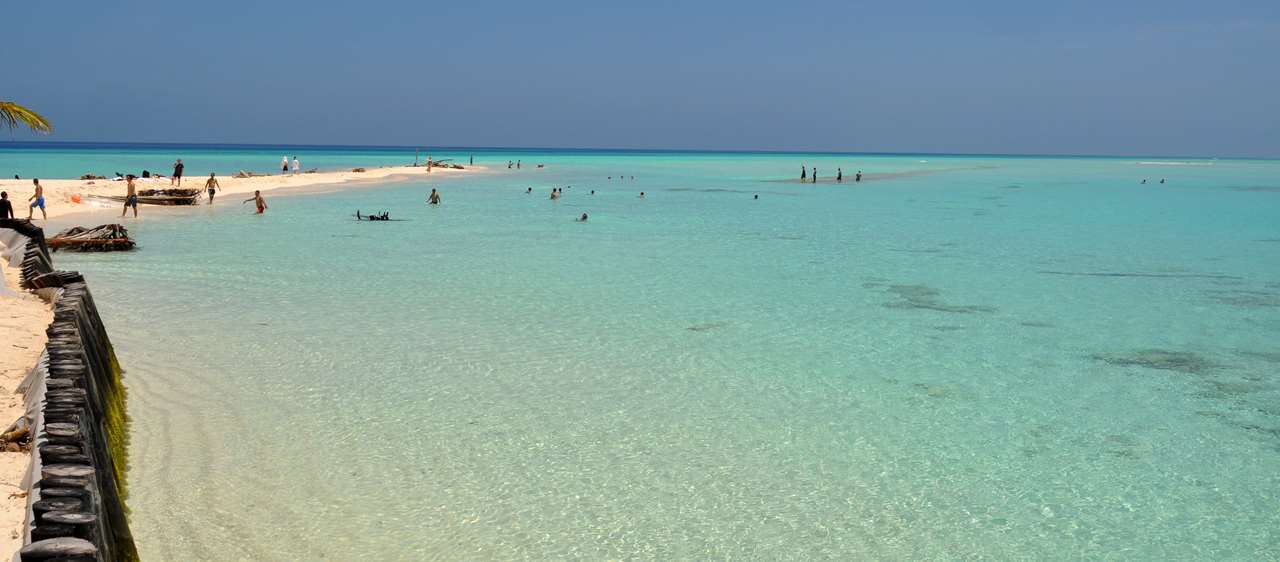
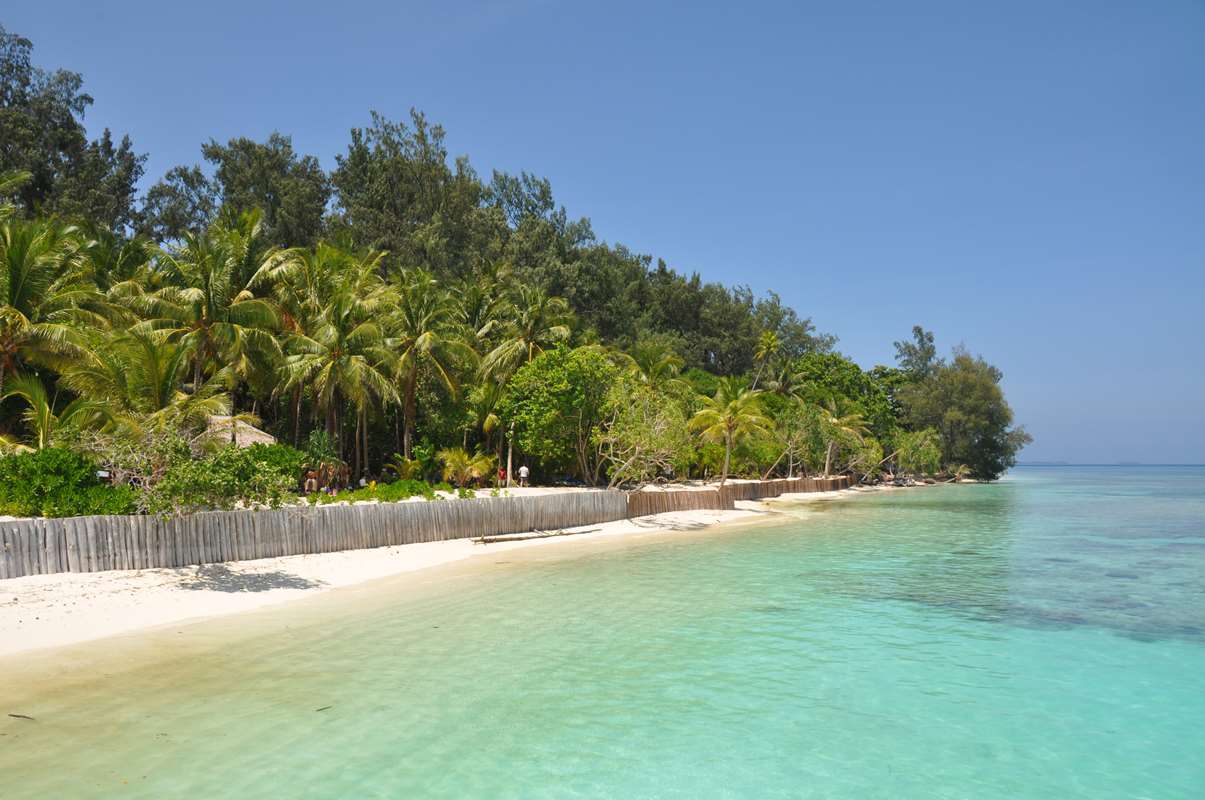
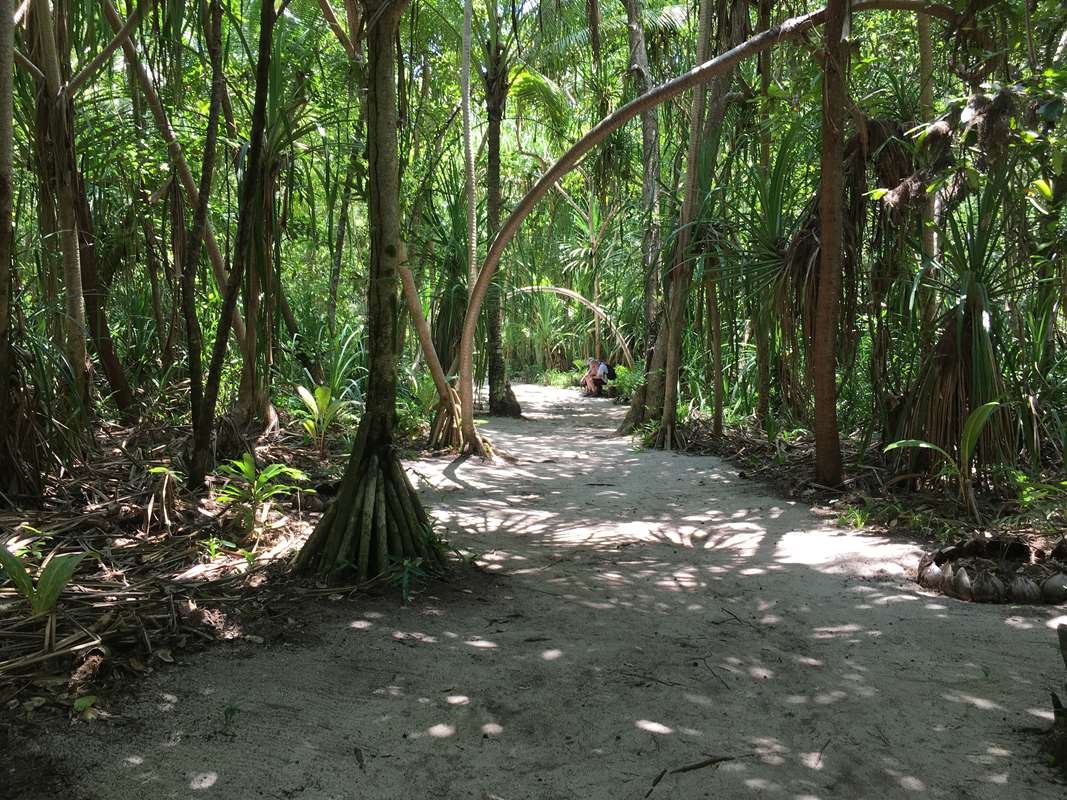
After the visit to the Conflict Islands, the Queen Elizabeth called in at Cairns on the way back to Sydney.
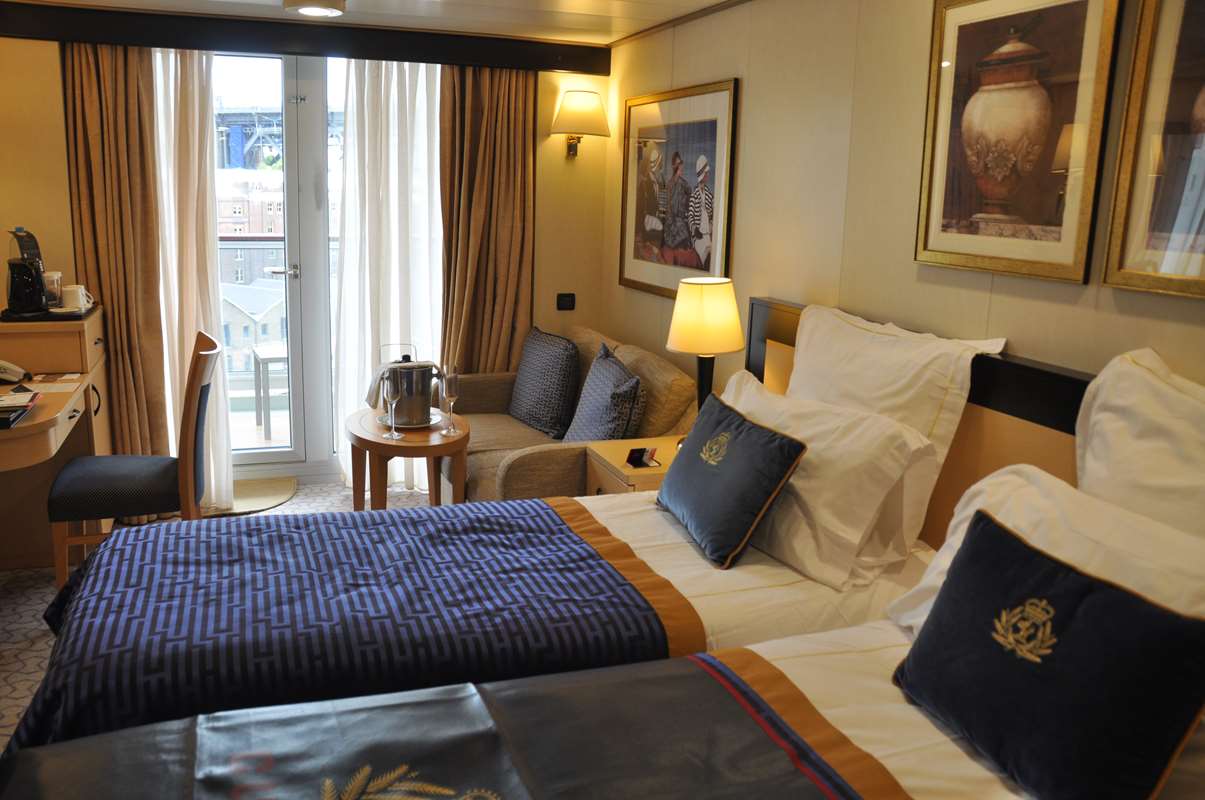
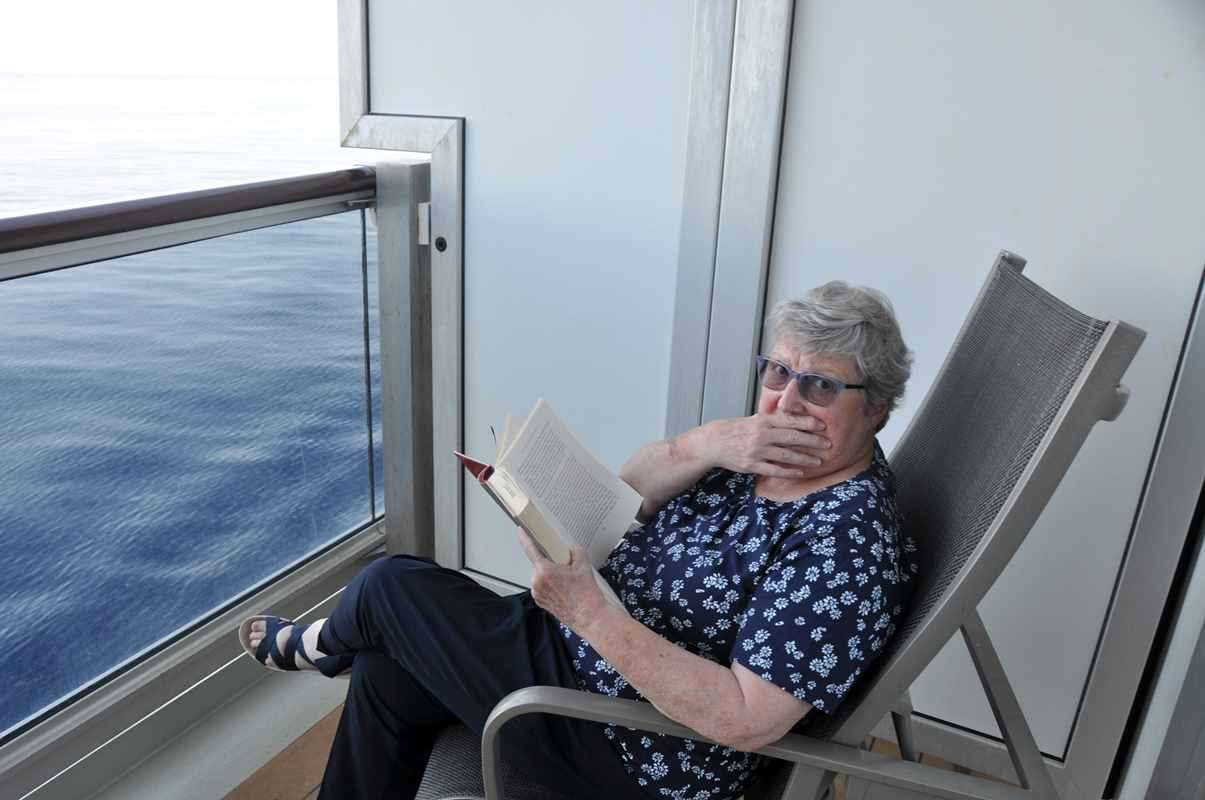
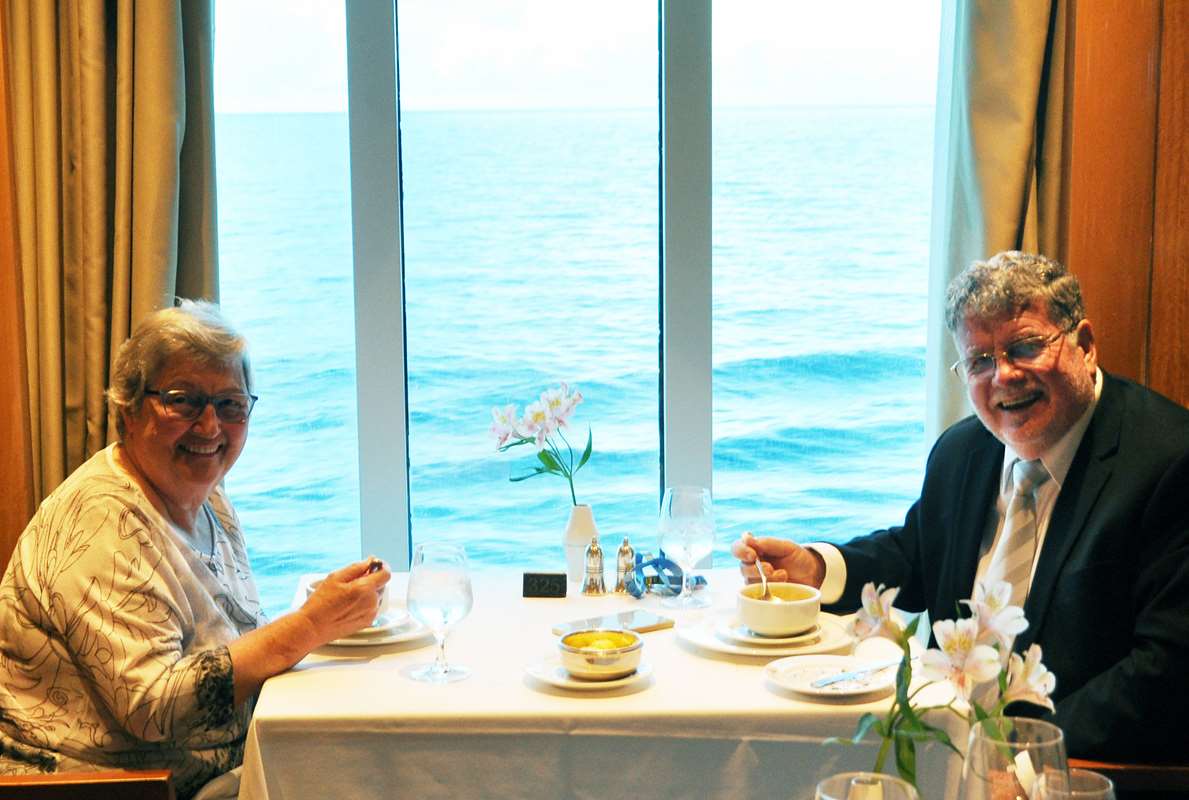

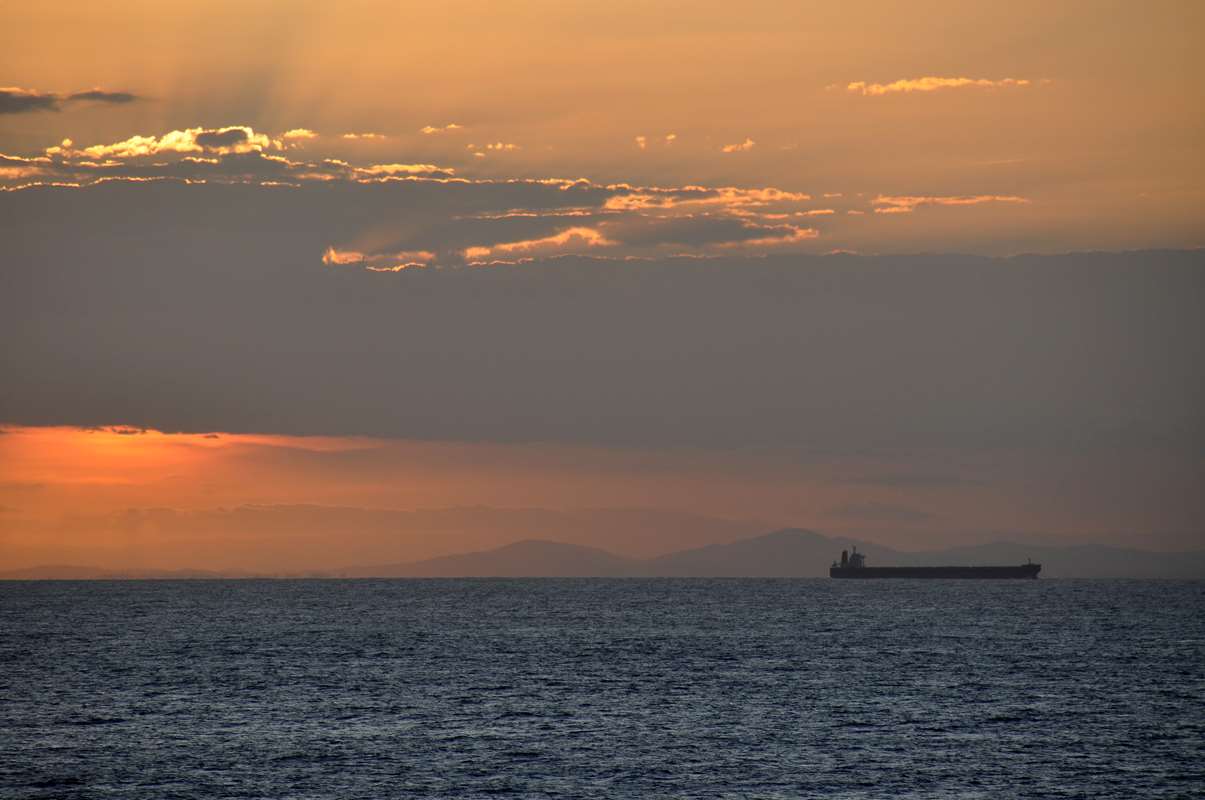
In February 2020 we went on a 14-night cruise on the Queen Elizabeth from Sydney to PNG and return to Sydney.

After calling in to Brisbane on the way our first port of call in PNG was to be Rabaul on the island of New Britain.
However the PNG authorities did not give the captain clearance for anybody to disembark.
(It was at the start of the corona virus [COVID-19] outbreak.)
Rabaul
the next day we were able to disembark at Kiriwina Island, the largest of the Trobriand Islands.

Our next port was at Alotau, the capital of Milne Bay Province, in the south-east of mainland Papua New Guinea.
In late August 1942, unable to move further down the Kokoda Trail, the Japanese decided to make a second line of attack on Port Moresby.
On 25-26 August they landed at Milne Bay on the extreme eastern tip of Papua, about 370 kilometres from Port Moresby.
Although under great logistical stress with the fighting on the Kokoda Trail, Allied forces were ready for them.
The Allied forces had constructed an airfield here.
At least 161 Australian and 13 American military personnel were killed in the battle.
An unknown number of local people were also killed or wounded.
It is estimated that at least 1000 Japanese military personnel died.
It was the first defeat of the Japanese on land during the war.
They subsequently retreated.
Unlike the protracted Kokoda campaign, the Battle of Milne Bay ended in just over ten days.
This is the area where the major battle took place and the allied forces stopped the Japanese advance to the airfield.
Our last port-of-call in PNG was at Panasesa Island in the Conflict Island Group.
The Conflict Group is an atoll which was first sighted in 1879 by HMS Cormorant, by moonlight.
It was named in 1880 after the survey ship HMS Conflict.
The islands are owned by Ian Roderick Gowrie-Smith who was on board the Queen Elizabeth.
After the visit to the Conflict Islands, the Queen Elizabeth called in at Cairns on the way back to Sydney.